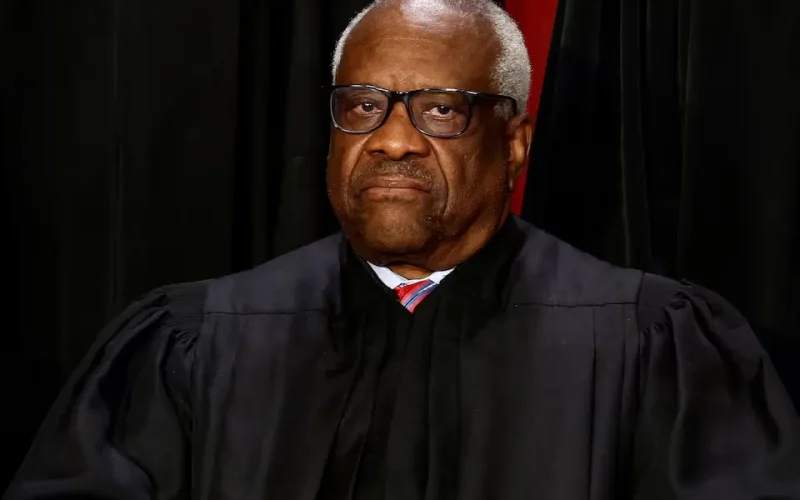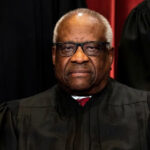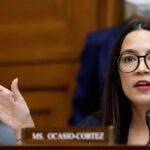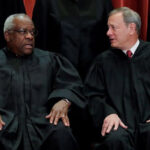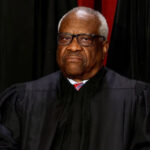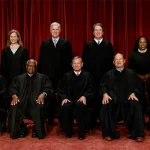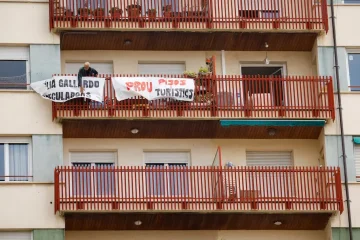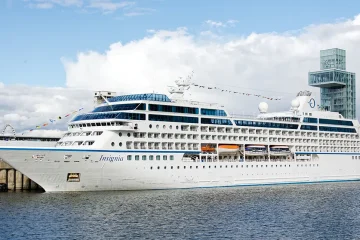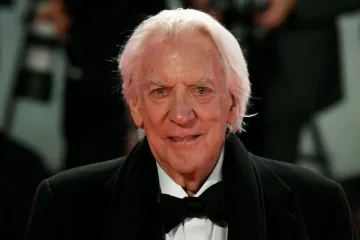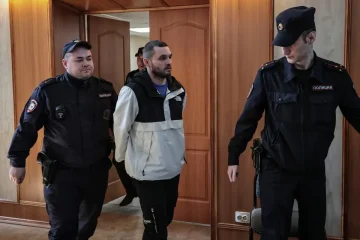U.S. Supreme Court Justice Clarence Thomas took at least three additional trips funded by billionaire benefactor Harlan Crow that the conservative justice failed to disclose, the Democratic chair of the Senate Judiciary Committee said.
Crow, a Texas businessman and Republican donor, disclosed details about the justice’s travel between 2017 and 2021 in response to a Judiciary Committee vote last November to authorize subpoenas to Crow and Leonard Leo, another influential conservative figure, according to Senator Dick Durbin.
Thomas has previously come under criticism for failing to disclose gifts from Crow. Thomas on June 7 revised his 2019 financial disclosure form to acknowledge that Crow paid for his “food and lodging” at a Bali hotel and at a California club.
But the filing by Thomas failed to disclose that Crow had paid for his travel by private jet related to the Bali and California trips, and an eight-day excursion on a yacht in Indonesia – omissions revealed on Thursday in a redacted document that Durbin’s office said contained travel itineraries for which Crow had provided the justice with transportation.
The document shows private jet travel in May 2017 between St. Louis, Montana and Dallas; private jet travel in March 2019 between Washington and Savannah, Georgia; and private jet travel in June 2021 between Washington and San Jose, California.
Crow reached an agreement to provide information requested by the committee dating back seven years, Crow spokesperson Michael Zona said. As a condition of this, the committee agreed to end its probe into Crow, Zona added.
“Despite his serious and continued concerns about the legality and necessity of the inquiry, Mr Crow engaged in good faith negotiations with the committee from the beginning to resolve the matter,” Zona said.
A Supreme Court spokesperson did not immediately respond to a request for comment.
“The Senate Judiciary Committee’s ongoing investigation into the Supreme Court’s ethical crisis is producing new information – like what we’ve revealed (Thursday) – and makes it crystal clear that the highest court needs an enforceable code of conduct because its members continue to choose not to meet the moment,” Durbin said.
Under pressure from criticism over ethics, the Supreme Court last November adopted its first code of conduct.
Critics and some congressional Democrats have said the code does not go far enough to promote transparency, continuing to leave decisions to recuse from cases to the justices themselves and providing no mechanism of enforcement.

